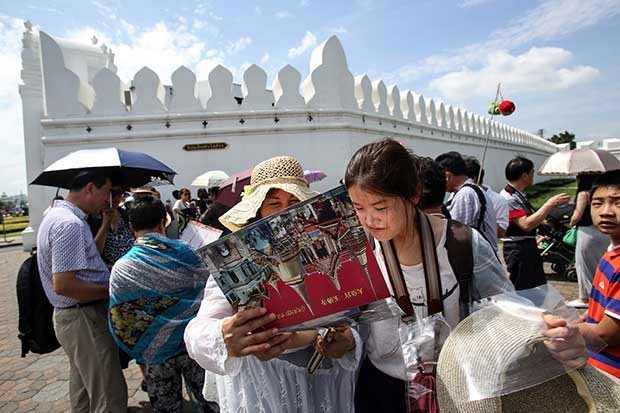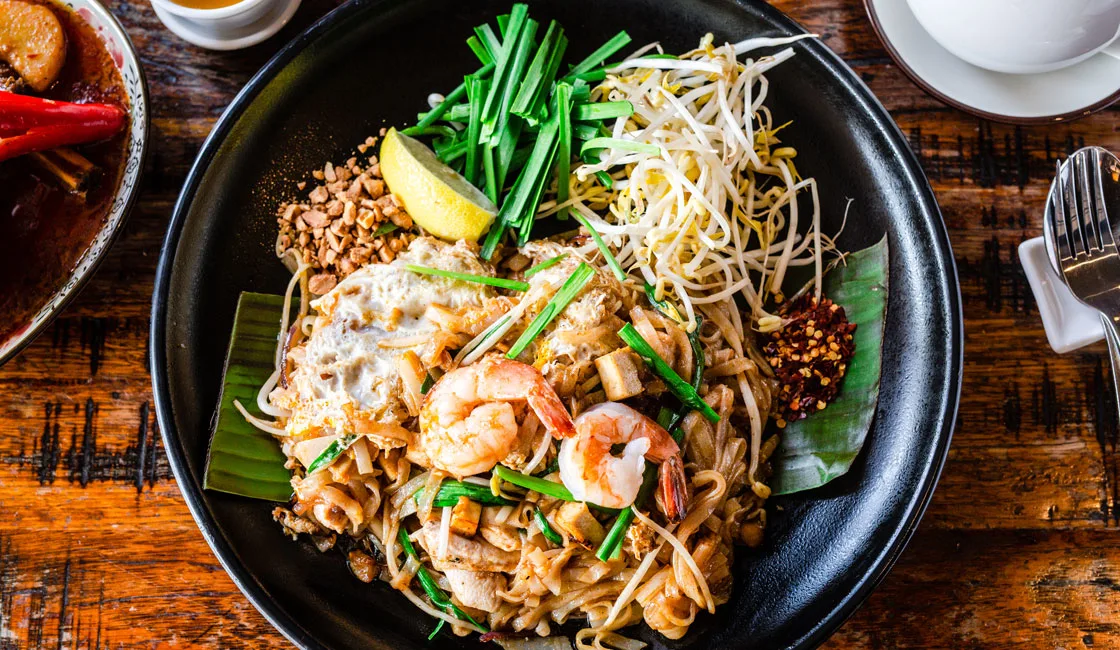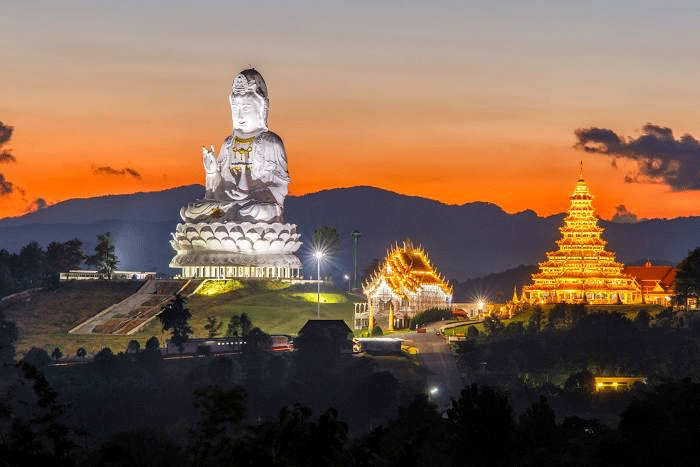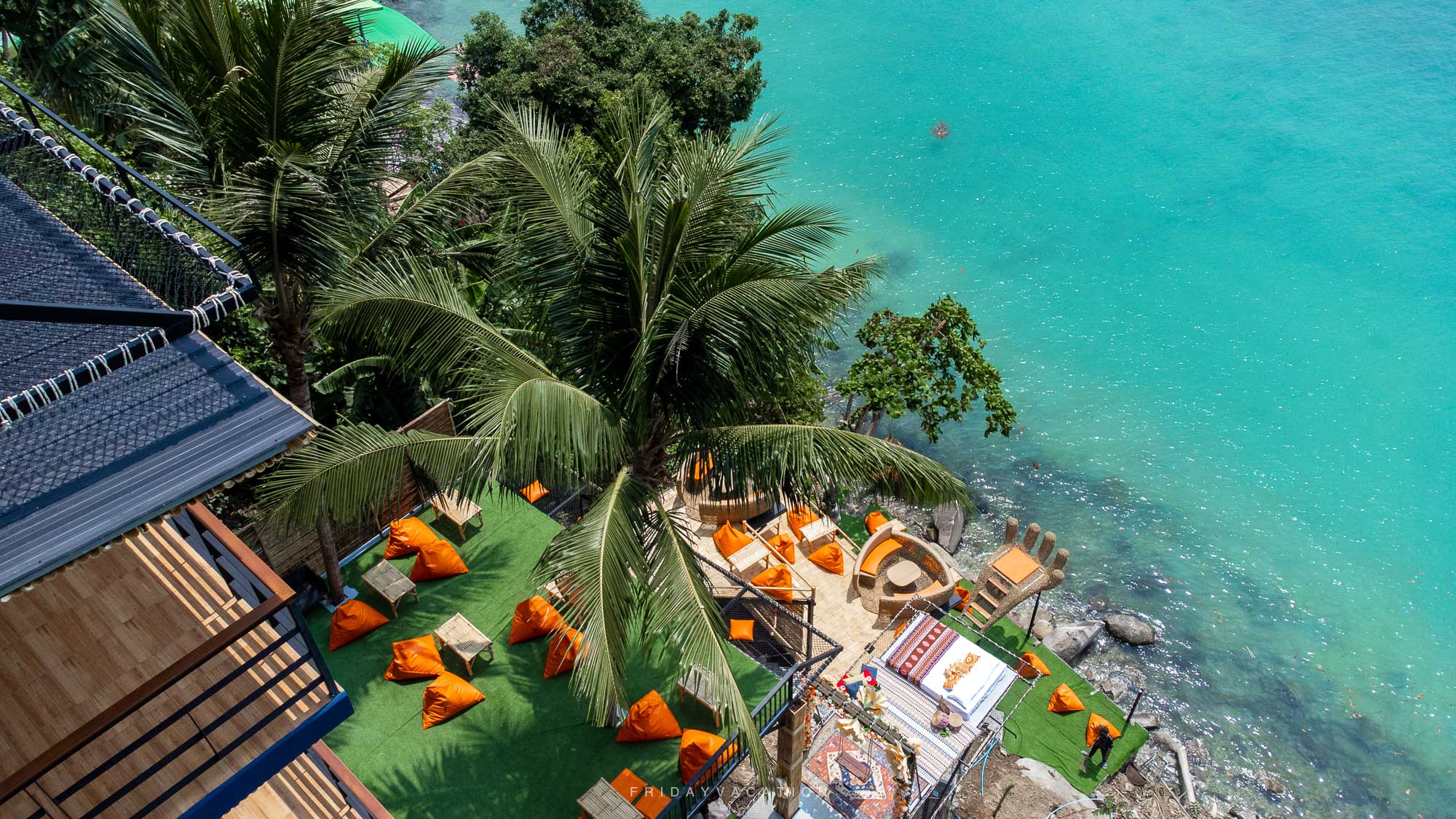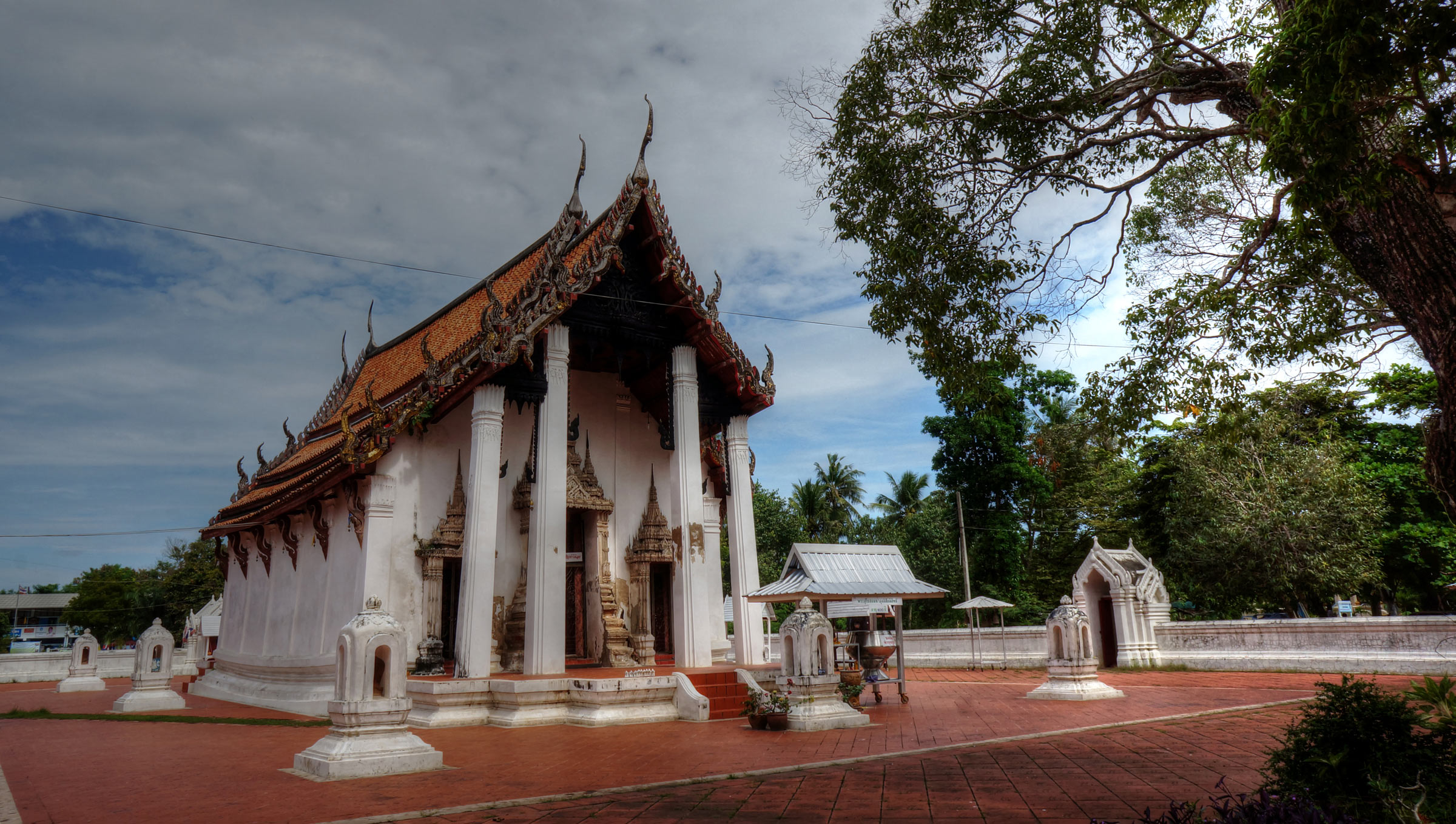Common Tourist Scams in Thailand
Thailand, a popular tourist destination renowned for its temples, beaches, and vibrant culture, attracted an estimated 30 million foreign visitors in 2023. While generally safe, tourists should be aware of common scams, especially in crowded tourist areas. Knowing these scams can help ensure a safer and more enjoyable trip.
Attraction Closed Scam
One common scam involves scammers falsely claiming that popular attractions like the Grand Palace are closed due to a special event, religious holiday, or lunch break. They then offer alternative tours, often leading to overpriced souvenirs and restaurants. To avoid this, verify the opening hours of attractions beforehand and avoid trusting unsolicited advice.
Khlong or Boat Tour Scam
In the Khlong scam, boat drivers offer tours of Bangkok’s waterways but may make stops at shops where they receive commissions. At the end of the tour, they may demand exorbitant fees higher than initially agreed upon. To avoid this, know the rate chart beforehand and book tours through reputable agents.
Tuk-Tuk and Taxi Scams
Tuk-tuk drivers may offer low prices initially but then take tourists to shops, such as gemstone sellers, where they earn commissions. Some may refuse to use the meter or charge higher prices. Similarly, taxi drivers at airports might demand extra pay or take longer routes. Familiarize yourself with the route and insist on using the meter to prevent this.
Gemstone Scam
Scammers posing as certified gemstone sellers may try to sell fake or synthetic products at inflated prices, particularly in Bangkok and Chiang Mai. They might claim you can buy gemstones at unbeatable prices and sell them for much more in your home country. Be cautious of such offers, as the gemstones are often worth far less than advertised.
Rental Scams
Some rental operators, especially in beach destinations like Phuket and Pattaya, might issue faulty equipment and then charge tourists for pre-existing damages. They may also pressure tourists to purchase unnecessary insurance or add-ons. Always inspect rental equipment carefully before use and understand the rental agreement.
Nightlife Scams
Bars and clubs in tourist areas may overcharge for drinks or stage fake police raids to extort money. Pickpocketing is also common in crowded places. Be cautious of drink prices, protect your belongings, and request official identification during police raids.
Fake Tourism Authority Scam
Individuals posing as government representatives or tourist police may accuse tourists of breaking the law or having expired documents and demand money to resolve the issue. This scam is common in tourist destinations like Bangkok, Pattaya, and Phuket.
General Tips to Avoid Scams
- Be aware of your surroundings, especially in crowded areas.
- Don’t trust strangers who approach you with unsolicited offers.
- Always count your change and ensure it’s correct.
- Research and book tours and transportation through reputable sources.
- Purchase travel insurance to protect yourself from unexpected financial losses.
Emergency Contacts
If you encounter any difficulties, contact the Tourist Police at 1155 from a Thai phone. Having these contacts can provide assistance and support during your trip.
